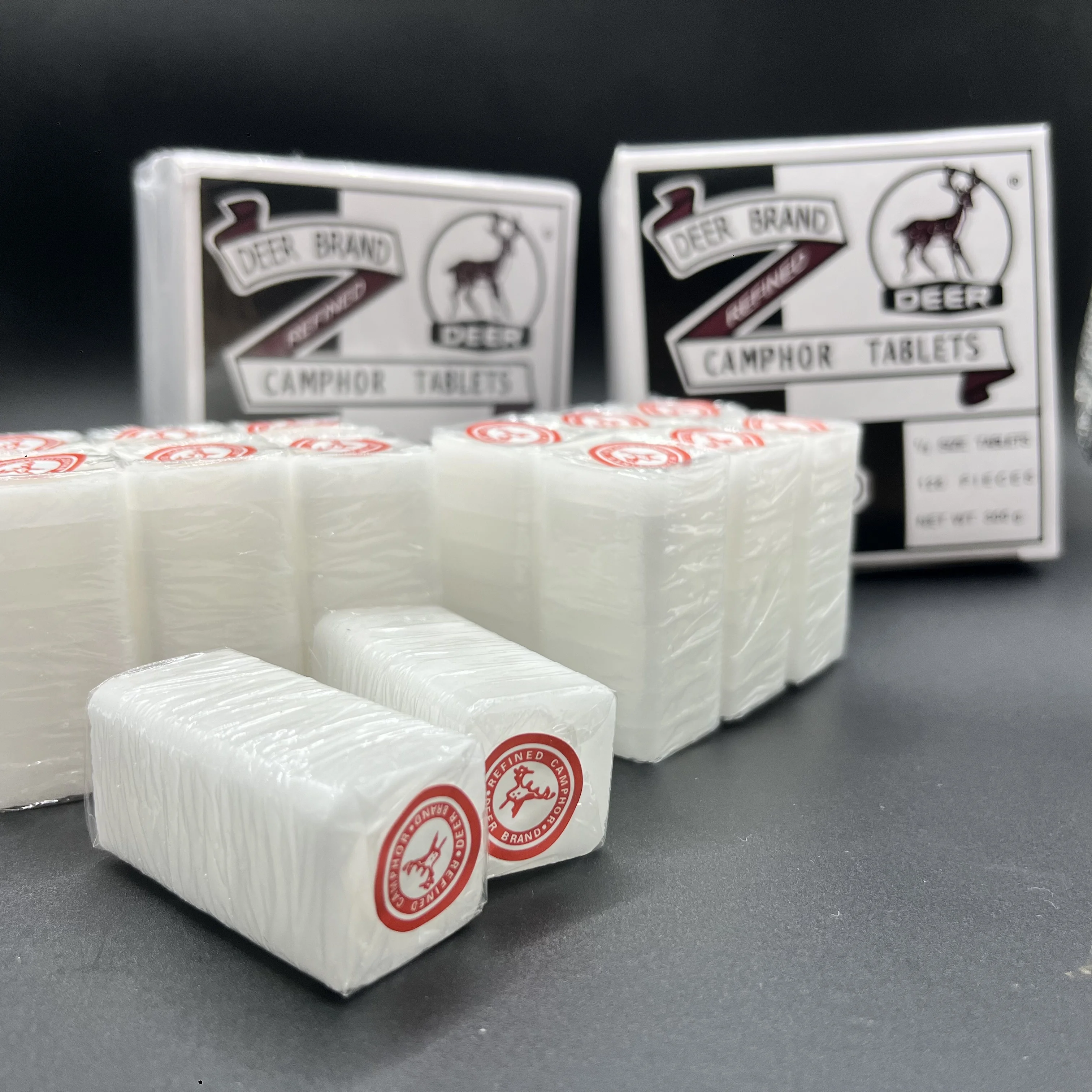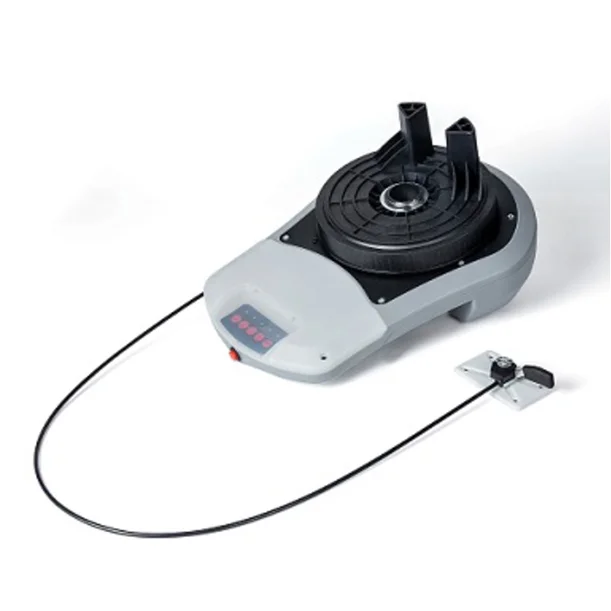In an era marked by uncertainty, the importance of being prepared cannot be overstated. Whether it’s for natural disasters, economic downturns, or unexpected emergencies, having a well-stocked pantry can provide peace of mind and sustenance when it’s needed most. Among the various food preservation methods, canned foods stand out due to their long shelf life, convenience, and nutritional value. But with countless options available, what is the best canned food to stockpile? This guide will delve into the most suitable canned foods for long-term storage, considering factors such as nutritional content, versatility, and shelf life.
Understanding the Benefits of Canned Foods
Before we explore specific canned food options, it’s essential to understand why canned foods are a preferred choice for stockpiling:
- Longevity: Most canned foods have a shelf life of 2 to 5 years, and some can last even longer if stored properly.
- Nutritional Value: Canning preserves the nutrients in food, making it a viable option for maintaining a balanced diet during emergencies.
- Convenience: Canned foods are ready to eat or require minimal preparation, making them ideal for quick meals.
- Variety: The range of canned foods available allows for diverse meal options, which can help prevent menu fatigue during extended periods of reliance on stored food.
Top Canned Foods to Stockpile
- Vegetables
Canned vegetables are a staple in any emergency food supply. They are rich in vitamins and minerals and can be used in various dishes. When selecting canned vegetables, consider the following:
- Green Beans: High in fiber and low in calories, green beans can be a nutritious side dish or ingredient in casseroles.
- Corn: Sweet corn is versatile and can be added to soups, salads, and salsas.
- Tomatoes: Canned tomatoes (whole, diced, or crushed) are essential for sauces, stews, and soups, providing a rich source of lycopene.
- Fruits
Canned fruits can satisfy sweet cravings and provide essential vitamins. Opt for fruits canned in juice or water rather than syrup to avoid excess sugar. Some excellent choices include:
- Peaches: Rich in vitamins A and C, canned peaches can be enjoyed on their own or added to desserts.
- Pineapple: High in bromelain, canned pineapple can aid digestion and is a delicious addition to savory dishes.
- Mixed Fruit: A combination of fruits can offer variety and can be used in salads or as a quick snack.
- Proteins
Protein is crucial for maintaining muscle mass and overall health, especially during stressful times. Canned proteins are an excellent choice for stockpiling:
- Tuna: Canned tuna is a lean protein source that can be used in salads, sandwiches, or casseroles.
- Chicken: Canned chicken is versatile and can be used in soups, salads, or as a topping for rice and pasta.
- Beans: Canned beans (black, kidney, or chickpeas) are not only high in protein but also rich in fiber, making them a filling option for various dishes.
- Soups and Stews
Canned soups and stews are convenient meal options that require little preparation. They often contain a mix of vegetables, proteins, and grains, making them a balanced choice. Look for:
- Vegetable Soup: A hearty option that can be a meal on its own or a base for other dishes.
- Chili: Canned chili is a filling meal that combines beans, meat, and spices, providing a robust flavor profile.
- Chicken Noodle Soup: A classic comfort food that can be soothing during stressful times.
- Ready-to-Eat Meals
For those who want maximum convenience, consider stockpiling canned ready-to-eat meals. These can include:
- Canned Pasta: Options like spaghetti and meatballs or ravioli can be a quick and satisfying meal.
- Canned Curry: Ready-to-eat curries can provide a flavorful meal option that pairs well with rice or bread.
Tips for Stockpiling Canned Foods
- Check Expiration Dates: Always check the expiration dates when purchasing canned goods and rotate your stock to ensure you use older items first.
- Store Properly: Keep canned foods in a cool, dry place to maximize their shelf life. Avoid areas with high humidity or temperature fluctuations.
- Diversify Your Stock: Aim for a balanced selection of vegetables, fruits, proteins, and meals to ensure nutritional variety.
- Consider Dietary Needs: Take into account any dietary restrictions or preferences when selecting canned foods for your stockpile.
Conclusion
Stockpiling canned foods is a practical and effective way to prepare for emergencies. By choosing a diverse range of nutritious options, you can ensure that you and your family have access to essential sustenance during challenging times. Remember to regularly review and update your stockpile to keep it fresh and ready for use. With the right canned foods on hand, you can face uncertainties with confidence and resilience.






